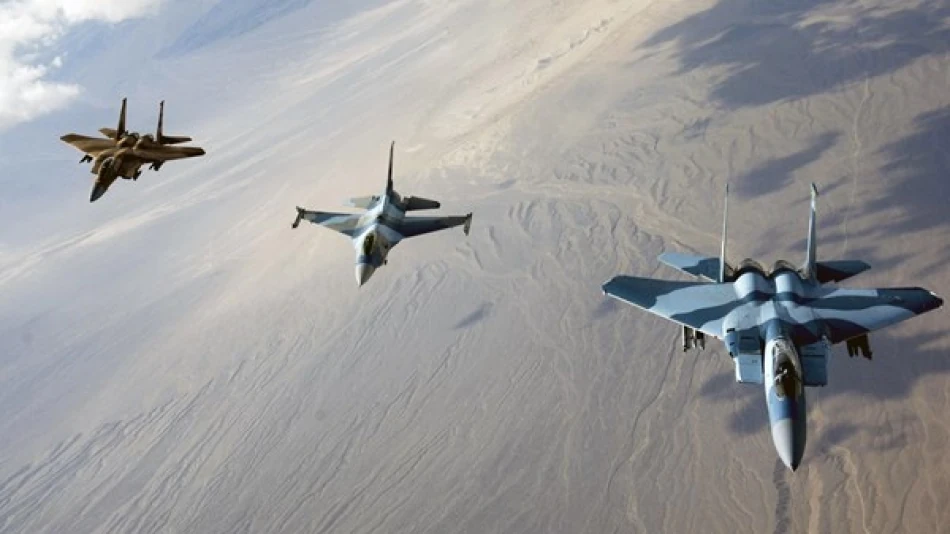
Top ISIS Commander Killed in Iraq: A Significant Blow to the Terrorist Organization
Major ISIS Operations Chief Eliminated in Syria as Terror Group Attempts Comeback
Iraqi counterterrorism forces, working alongside the U.S.-led international coalition, have killed a senior ISIS commander responsible for orchestrating international terror plots across Europe and America. The elimination of Omar Abdul Qader Bassam, known as Abdul Rahman al-Halabi, represents a significant blow to the terror group's external operations network as intelligence agencies warn of ISIS attempts to rebuild its global reach.
High-Value Target With Global Terror Footprint
Al-Halabi served as ISIS's head of external operations and security, overseeing what the organization calls its "distant provinces" – terror cells operating far from the group's traditional Middle Eastern strongholds. His portfolio included direct involvement in multiple bombing campaigns and coordinating planned attacks on European and American soil, many of which were thwarted through international intelligence cooperation.
The targeted killing underscores the continuing threat posed by ISIS's international network, even years after the group lost its territorial caliphate in Iraq and Syria. Unlike regional commanders focused on local operations, figures like al-Halabi represent the terror organization's most dangerous evolution – its transformation from a territorially-based entity to a decentralized global network.
Months-Long Intelligence Operation
Iraqi counterterrorism officials described the operation as the culmination of "precise intelligence tracking and Iraqi judicial support" spanning several months. The multi-phase operation involved Iraqi forces identifying the target's movements and location before coordinating with coalition forces to execute the fatal airstrike.
This methodical approach reflects lessons learned from over two decades of counterterrorism operations in the region. Rather than relying solely on signals intelligence or human sources, the operation combined traditional surveillance with legal frameworks that allowed for sustained tracking across international boundaries.
ISIS Resurgence Concerns Drive Intensified Campaign
The elimination comes amid a broader U.S. Central Command campaign targeting ISIS leadership structure through coordinated airstrikes. American officials have repeatedly warned that the terror organization is actively working to rebuild its operational capacity and return as a major security threat.
This concern isn't unfounded. Historical patterns show that ISIS has demonstrated remarkable resilience, adapting its organizational structure and tactics following major defeats. The group's ability to maintain external operations capabilities even while under sustained military pressure suggests a level of institutional knowledge and network redundancy that poses ongoing challenges for counterterrorism efforts.
Strategic Implications for Regional Security
The successful operation highlights the continued importance of U.S.-Iraqi security cooperation, even as American forces maintain a reduced footprint in the region. Iraq's counterterrorism apparatus has evolved significantly since 2014, when ISIS captured roughly one-third of Iraqi territory, developing sophisticated intelligence capabilities that now contribute meaningfully to international security efforts.
For regional stability, eliminating figures like al-Halabi serves a dual purpose: disrupting immediate terrorist plotting while degrading the institutional knowledge that allows such networks to operate across borders. However, the continued need for such operations more than three years after ISIS's territorial defeat suggests the group's transformation into a persistent insurgent threat rather than a conventional military force.
The operation also demonstrates how counterterrorism has become increasingly dependent on sustained international cooperation, combining Iraqi ground intelligence, American air capabilities, and broader coalition support structures to achieve results that no single nation could accomplish independently.
Most Viewed News

 Layla Al Mansoori
Layla Al Mansoori






